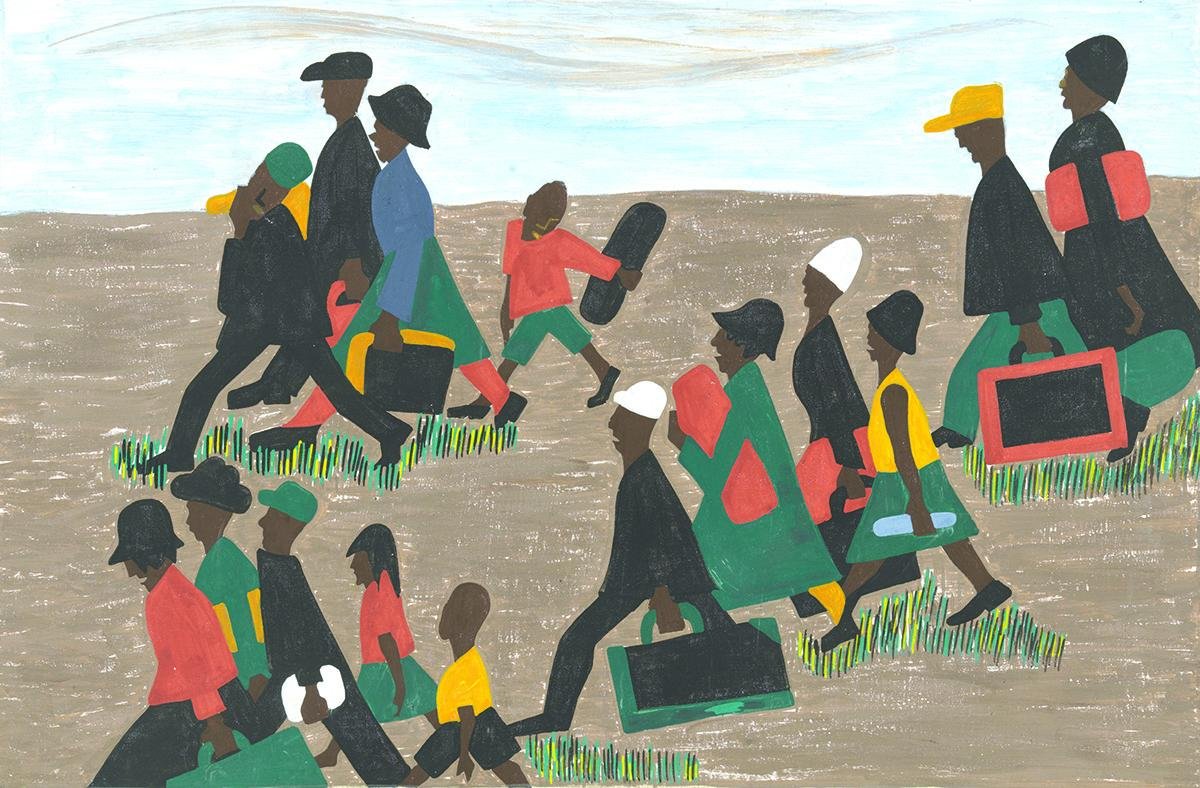
Race, Ethnicity and Contemporary African Immigrants
The Black population in the United States is undergoing a significant transformation. Over the last four decades, the African immigrant population has increased from 130,000 to 2.8 million, positioning them to become the largest Black immigrant group in the United States. My qualitative research, which draws on interviews and ethnographic observations, explores the socialization processes and opportunity landscapes shaping the lives of African migrants and their children. I am also interested in how contemporary African migration impacts local and global conceptions of Blackness.
One strand of this research is a book project exploring how this newer migration of Black people in America is experienced on the ground, in the daily lives of 71 low-income, second-generation West African young people negotiating their racial and ethnic identities and boundaries. Another strand aims to understand the migration journeys and experiences of recently-arrived continental Africans in NYC. A third project centers the experiences and impact of African return migrants who lived in the United States and return to live permanently in West Africa. Collectively, these projects advance my broader research agenda to understand the relationship between contemporary African migration, transnational socialization processes and conceptions of Blackness, globally.
Three articles based on my projects have been published:
Sall, Dialika. 2021. “Love Thy Neighbor? Religion and Ethnoracial Boundaries among Second-Generation West African Youth.” Ethnic and Racial Studies.
Sall, Dialika. 2019. “Convergent Identities; Divergent Meanings: The Racial and Ethnic Identities of Second-Generation West African Youth.” African and Black Diaspora: An International Journal.